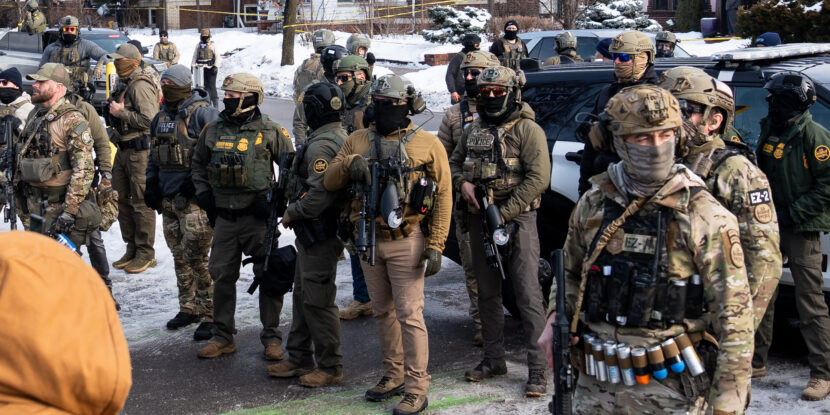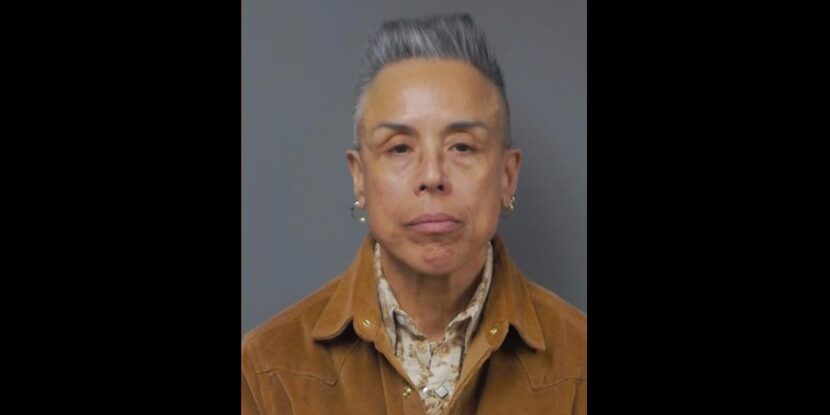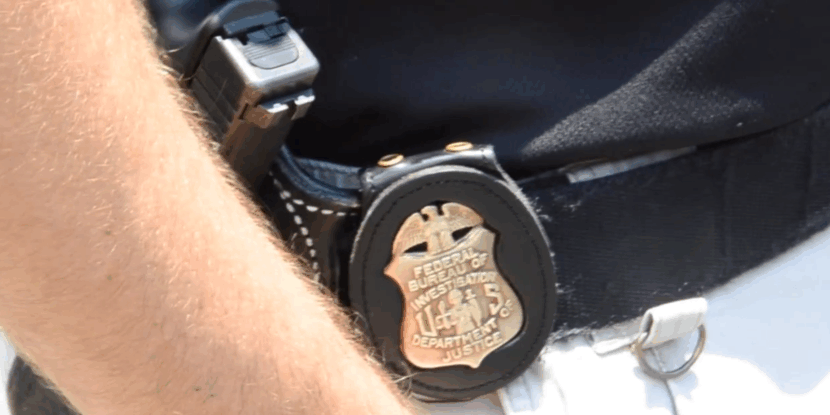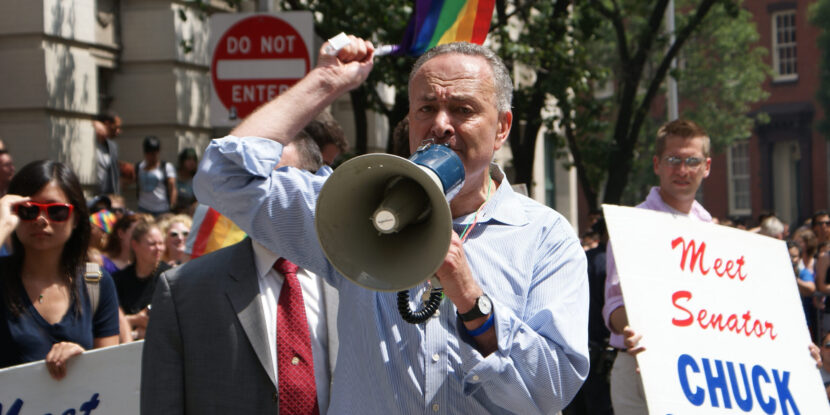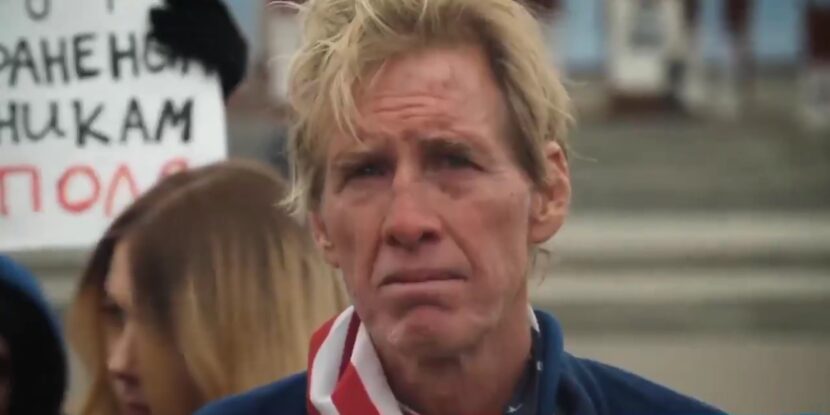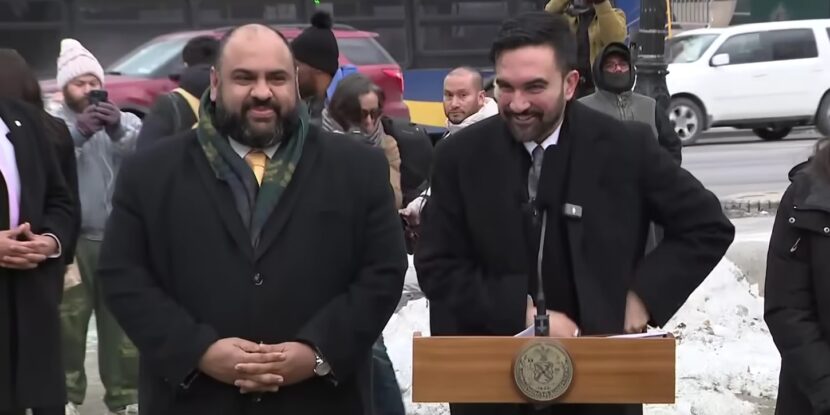On January 6, defendant Erik Herrera announced that the judge presiding over his case has accepted his motion to throw out the Biden-Harris Justice Department’s 1512(c)2 felony obstruction charge against him. Herrera was initially sentenced to four years in prison after taking a photo of himself standing in a Capitol building office that had been trashed by protestors—with the California native already having served one year of his incarceration.
Herrera will now only have four misdemeanor charges on his record, including “entering and remaining in a restricted building or grounds; disorderly and disruptive conduct in a Capitol Building; disorderly conduct in a Capitol Building, and parading, demonstrating, or picketing in a Capitol Building.”
“I feel amazing; I’m no longer a felon,” Herrera says in a video posted to X (formerly Twitter). “This is a long time coming… I’m just very thankful that this thing has officially been taken off my case, and now I have to go to Washington, D.C., on January 24 for my resentencing, and we’re expecting the judge to just give me time served.”
“I know nothing in life is guaranteed, so we’ll just see how this pans out on that date. But I’m feeling very hopeful,” Herrera added.
I’m officially no longer a felon. My 1512C2 obstruction felony charge has been dismissed. #January6 #1512c2 #fedsurrection #J6ers pic.twitter.com/qXhSUnGDMs
— Erik Herrera (@photoswitherik) December 10, 2024
In June, the United States Supreme Court ruled that the Justice Department overreached in using 18 U.S. Code § 1512(c)2 to attain enhanced felony sentencing for January 6 defendants.
The law was originally intended as a felony punishment for individuals engaging in document and evidence destruction during a financial crimes investigation following the Enron and WorldCom scandals.





